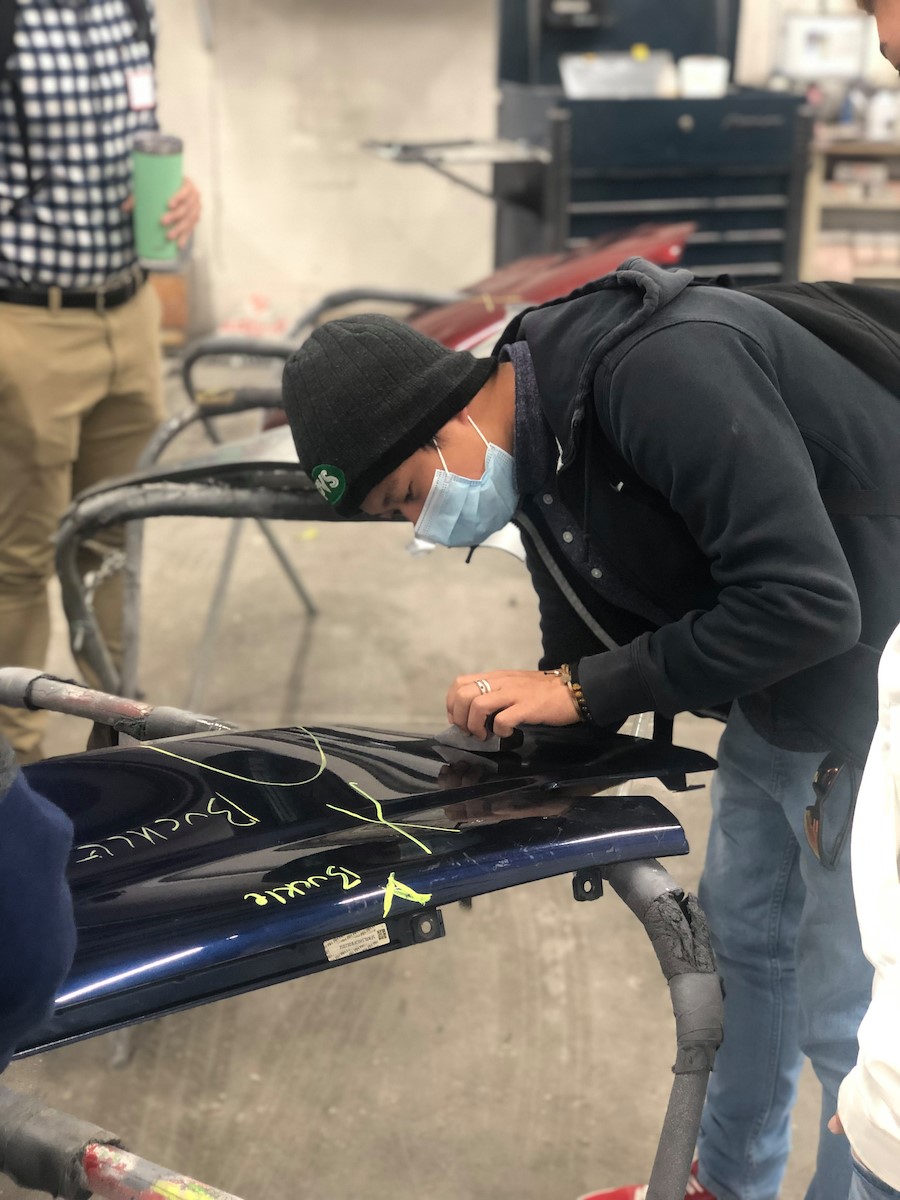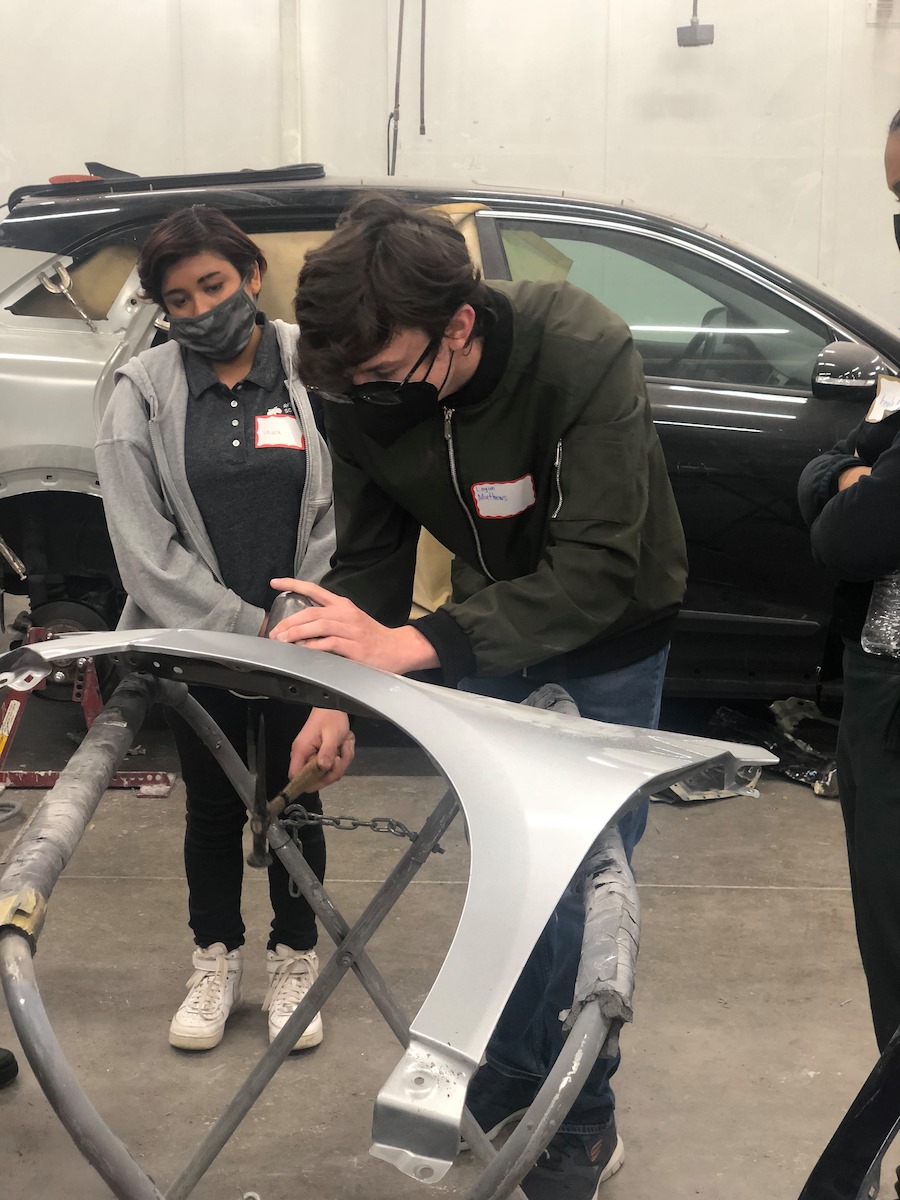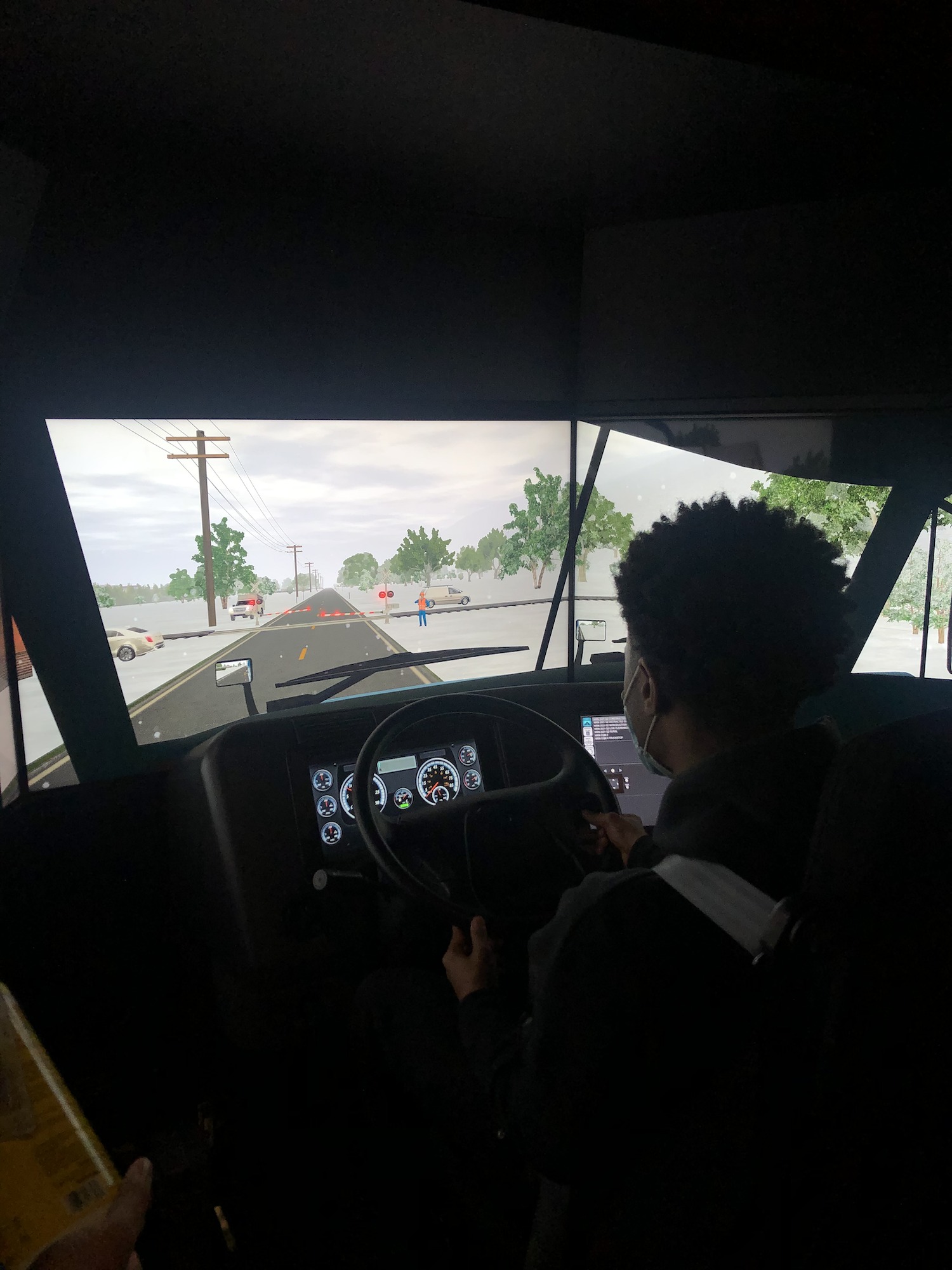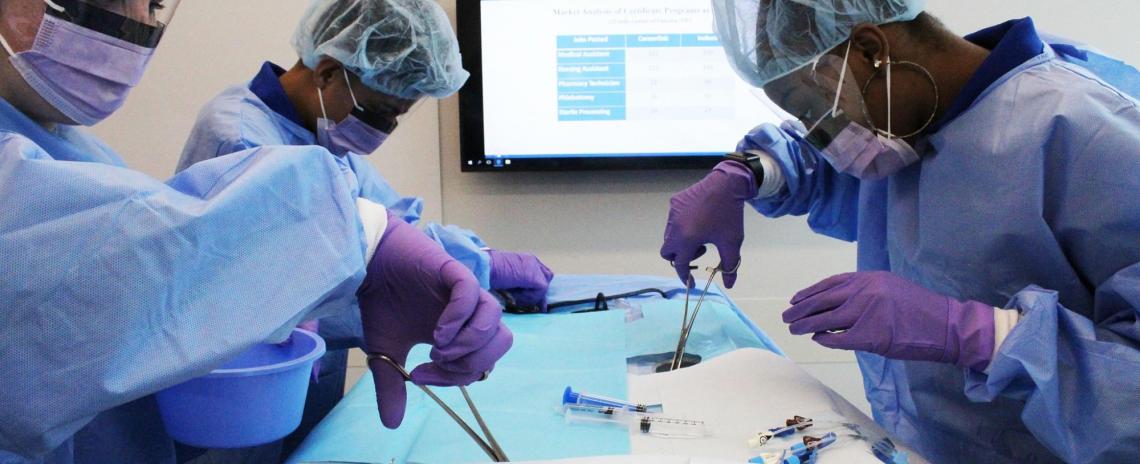The Avenue Scholars Series: A Conversation with Dr. Ken Bird
The Avenue Scholars Series: A Conversation with Dr. Ken Bird
By Tyler Dahlgren
This all started with lunch.
The year was 2008. Dr. Ken Bird had just retired after 16 years serving as superintendent of Westside Community Schools, the same district in which he got his start as a special education teacher in the fall of 1970. After 38 years in education, you’d have thought Bird would be in for a rest.
Then the phone rang. It was Walter Scott, an iconic Omaha philanthropist and one of the area’s foremost leaders of business. He had an idea, Dr. Ken Bird was all ears, and, well, let’s just say you’d have thought wrong.
“(Walter) invited me to lunch and had a rather great idea for a scholarship program that was to replicate the Kalamazoo Promise model they had running successfully up in Michigan,” Bird remembers. “He asked me to look closer at that and to put a program together like that here in Omaha.”
And so that’s what Bird did. He toured like-minded programs in cities across America, from Los Angeles to Portland to Arkansas to Denver, and scratched for every piece of meaningful data and insight along the way, all of which he brought back to a blank canvas in Omaha.
“The only parameters I had when we started were around helping kids in poverty, helping our economy and getting people that were traditionally takers to be givers back to the economic well-being of our community by focusing on kids in public schools, kids who were in need,” Bird said.
A planning team was assembled, and Avenue Scholars was formed. Bird, the CEO/President who initially planned on being involved in the venture for “a couple of years”, can’t believe 13 have gone by. He’s glad he took that lunch.

Avenue Scholars has evolved from a street school model that guided 25 of the toughest, high-risk dropout cases in North Omaha (an area found to be the most dangerous in the U.S. for young black males during the inception of Avenue Scholars) to high school diplomas and enrollment at UNO to a program that prides itself on connecting students to high-skill careers in one of the more than 300 area businesses the foundation partners with.
“Move cautiously and be flexible, those were two of the first lessons we learned early on,” Bird said.
Bird remembers another conversation with Scott, one that took place a few years later. The program had 264 students enrolled at Metropolitan Community College and on the path to an associate’s degree in general studies. They’d come a long way in a short amount of time. They were making a difference in underserved sections of Omaha. This was working.
But Dr. Bird wasn’t satisfied. Maybe it was the lifelong educator in him. For the kids and their futures, he couldn’t help but to want more. An associate’s degree is nice, but face it, he remembers saying to Scott, not very applicable. What he wanted to provide was a career path.
“We pivoted at that point to working with the business community,” Bird said. “We identified five areas (Business & Office Processes, Information Technology, Health Services, Trades, Manufacturing & Builders, and Auto Tech & Transportation) and started aligning our selection criteria in high school to free and reduced lunch students who were living in poverty. We took off the previous sub-2.5 GPA idea and required a demonstrated interest in one of those areas. That’s the path we’ve been on for the last five years.
Much more than a before or after school program, Avenue Scholars is now embedded in nine different Omaha-area high schools with expansion into Iowa just ahead on the horizon. The program offers courses in those schools, recruiting students as sophomores and taking on approximately 25 juniors and seniors in each district. Avenue Scholars students attend MCC cost-free, with their tuition fully covered by grants leveraged through the program’s many area partners.
“We’re so lucky to be in the Omaha area, where our business community really gets it,” Bird said. “We have somewhere in the area of 300 businesses that support kids. We have an internship program that is embraced by 90 businesses offering paid internships to a couple hundred students. The business community is such a valuable and critical partner, and they’re really the customer in the end. These are their future employees, after all.”

From major international corporations based in Omaha to mom and pop operations, Bird said Avenue Scholars has been embraced in a major way. Just as important to the program’s success and viability are the relationships with schools.
“We have to be very sensitive to those relationships and make sure we’re seen as an asset and not a burden,” he continued.
Avenue Scholars refines their selection model continually, and has seen the process improve from year-to-year.
“We are trying to find kids that are underserved and living in poverty, in a situation where we can help them move from that struggle to having a sustainable income and lifestyle,” Bird said. “Sometimes it can be difficult for them to understand that, to see the value, at age 15 and 16, in having their education paid for. Overall, though, we have more kids that want to be in the program than we can take.”
Avenue Scholars doesn’t measure success by degrees, instead looking at students from a holistic vantage point. They take stock in mental health, personal and social needs outside of the school, priding themselves on being intrusive in the lives of their students. They have voluntary mentorship clubs like Flourish and Men of Standard that prepare students for the future.
Counseling is available 24/7, as is legal support, social support and financial aid support. One of their main focuses is financial literacy and setting a foundation for successful living. They have a loan program structured to help students transition to life after school. Life outside of work.

“We can help them buy their first car, matching up to three-thousand dollars, we can help them with their first apartment or house, and we have emergency funds to assist with things like child care, housing, rent and utility bills, things like that they get themselves upside down on,” Bird said. “It’s usually not the academic setting that causes kids to drop out or wash out of programs. It’s the other life experiences. So we try to be intrusive and supportive, to be that go-to organization that will help them re-center their lives when the world is falling apart.”
Students in Avenue Scholars graduate high school at a jaw-dropping clip of nearly 99-percent. That figure is a testament to both the quality of the program’s career coaches (there’s three levels of coaching; 1.) High School 2.) Post-Secondary 3.) Community College) and the resilience of the young people enrolled.
“It’s that tender, loving care,” Bird said. “It’s having somebody intrusive in their life that cares about them, and it’s nurturing. It’s certainly not rocket science.”
Bird says Avenue Scholars exists to cross, walk and talk kids from high school to a career. Capable kids who just needed someone to believe in them.
Somebody they can trust.
Somebody that will follow through.
“Avenue Scholars doesn’t break promises, we have to deliver on what we say we’re going to do,” said Bird. “The secret sauce in our program is the staff and their ability to build relationships with kids over time. We’re not in their lives and out in the blink of an eye. We’re there for five-and-a-half to six years.”
It’s easy to get in the habit of viewing academic performance measures (the Accuplacer, GPAs and ACT scores) as indicators of intelligence, but Bird warns against doing so.
“Don’t confuse poverty and intelligence,” he said. “There’s great talent here, wonderful kids that we’re going to help make successful.”
To Bird and the Avenue Scholars staff, there’s nothing more powerful than a success story, and that’s why a simple lunch meeting in 2008 turned into 13 years of changing lives.



